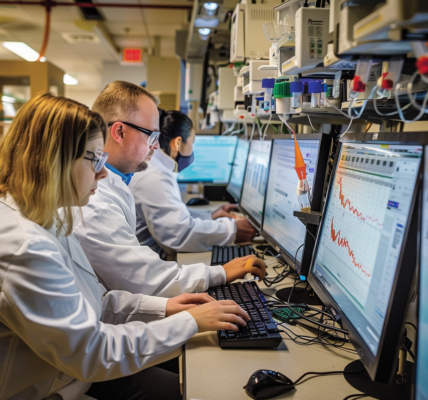Technology is playing a crucial role in the diagnosis of sepsis, a life-threatening condition that requires quick and accurate identification for effective treatment. In a recent podcast episode by KevinMD, Robert Scoggins, a physician executive, delves into the challenges healthcare professionals face when diagnosing sepsis in the emergency department compared to other critical conditions like stroke and heart attack.
The discussion highlights the latest advancements in diagnostic technology and care protocols that are revolutionizing sepsis management. Innovative approaches such as host response technology and rapid sepsis diagnosis tests are being explored to enhance patient outcomes. Hospitals are increasingly adopting these tools to improve efficiency and effectiveness in treating sepsis.
Sponsorship for the podcast episode comes from Nuance, a Microsoft company that is at the forefront of leveraging digital technology and advanced AI capabilities to address healthcare challenges. Nuance’s Dragon Ambient eXperience (DAX) is a voice-enabled solution designed to streamline patient encounters by automatically capturing critical information at the point of care. Physicians using DAX have reported significant reductions in documentation time and burnout, while patients appreciate the more personalized interactions with their healthcare providers.
The collaboration between Microsoft and Nuance aims to enhance the patient and provider experience through AI-driven technology that simplifies clinical documentation. By integrating AI into healthcare workflows, these solutions are poised to transform the healthcare landscape and improve overall patient care.
As the healthcare industry continues to evolve, the integration of technology in diagnosing and treating conditions like sepsis is proving to be instrumental in enhancing patient outcomes. With ongoing advancements in diagnostic tools and care protocols, healthcare professionals are better equipped to address critical conditions promptly and effectively.





